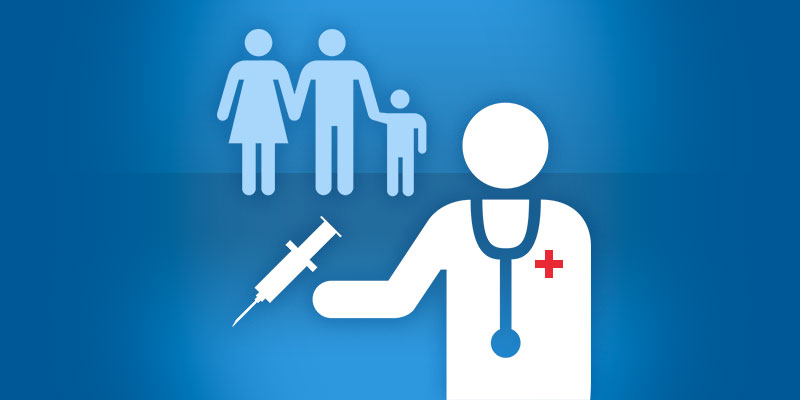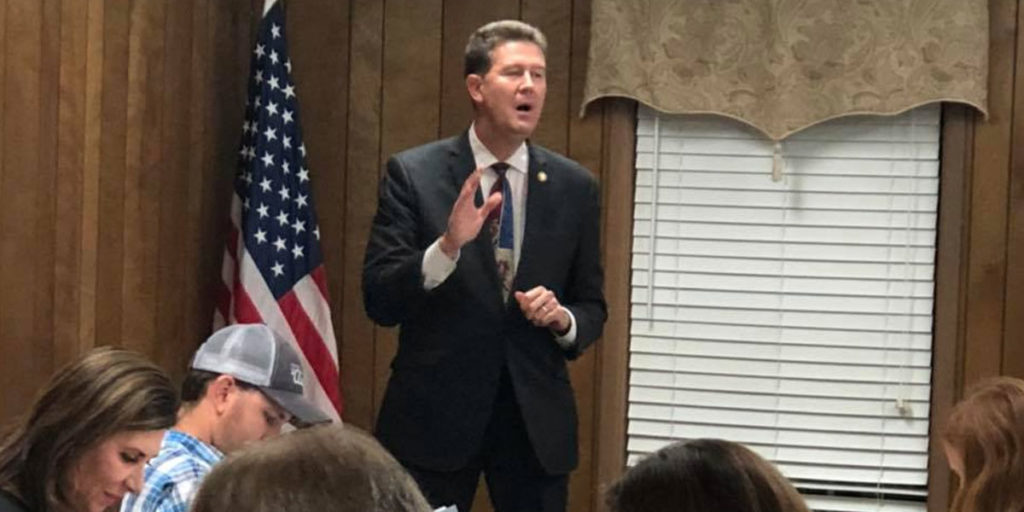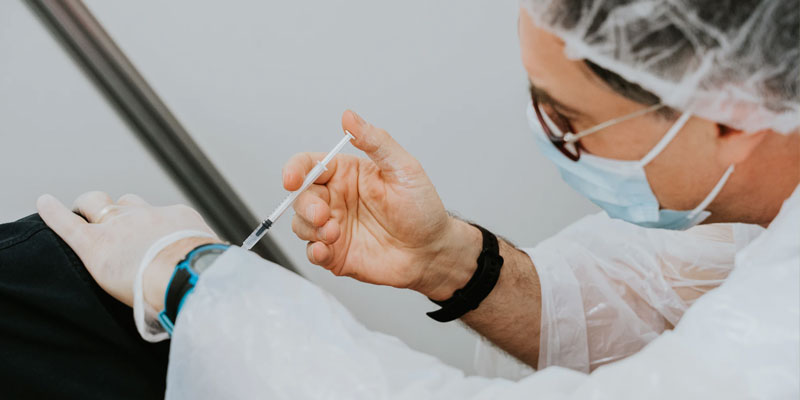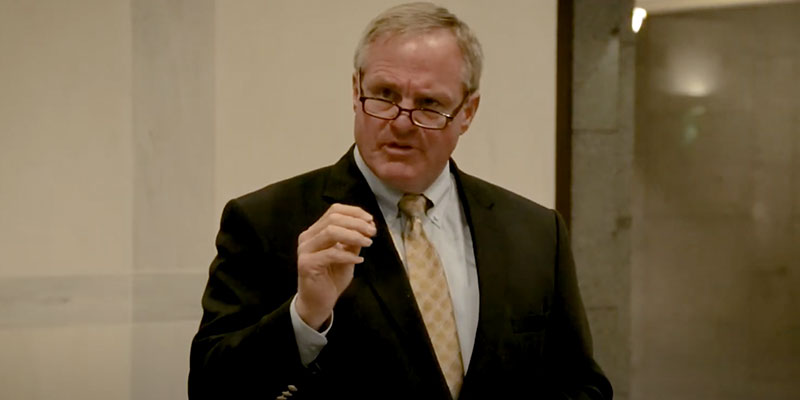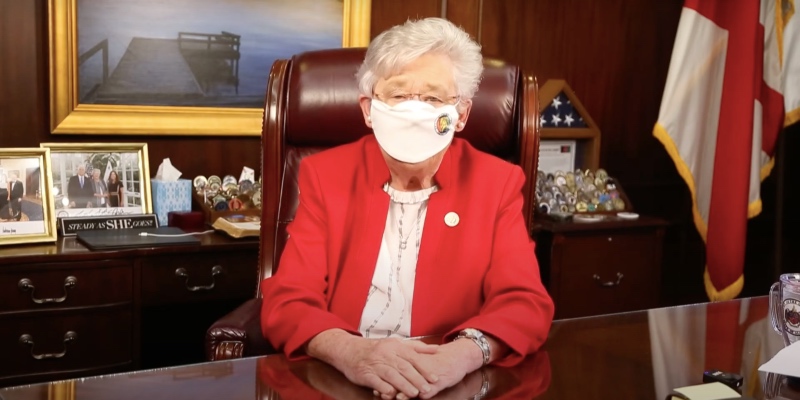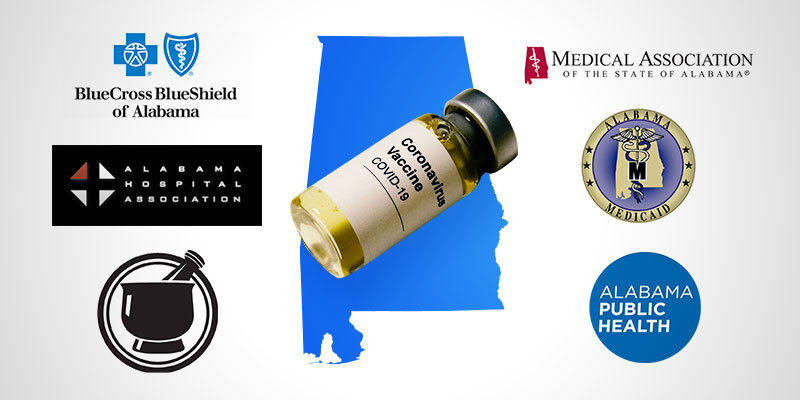Vaccines from Moderna and BioNTech/Pfizer are nearing approval by the Food and Drug Administration (FDA). Politicians will now decide who will get vaccinated first. The Centers for Disease Control’s Advisory Committee on Immunization Practices has prioritized vaccination of medical personnel and nursing home residents. The rest of us will have to wait. Prices offer an alternative to political determination of access.
However distributed, ramping up vaccine production presents an enormous challenge. The BioNTech and Moderna vaccines both require two doses, so vaccinating all Americans would require over 600 million doses. Production must go from zero to tens of millions of doses per month while maintaining quality. The capacity constraint means that everyone cannot be vaccinated immediately.
FDA approval represents a major element of political control. Congress has decided that Americans can only access medicines or vaccines deemed safe and effective by the FDA. Approval moves on bureaucratic time. Britain approved the BioNTech vaccine on December 1; the FDA’s review committee will not meet until December 10. Bureaucrats will not speed up even with over 1,500 Americans dying daily from COVID-19.
Markets would have no legal effectiveness requirement. We could seek out any vaccine or medicine for protection against COVID-19. Liability for unsafe medicines would make drug companies demonstrate safety. Drug companies would cover litigation costs using insurance and no insurer would cover sales without evidence of safety, something resembling the Phase I testing of two vaccines in April and May.
With a market, Americans could have gotten vaccinated back in June. Without evidence of effectiveness, initial purchases would likely have been paid out-of-pocket. Vaccinations would have cost “whatever the market will bear;” let’s say $10,000. Drug makers may have offered the first customers a money-back guarantee: test positive for COVID-19 within six months and get a refund.
The first persons vaccinated would then be tracked for evidence of effectiveness. Health insurers and employers (like hospitals) would require evidence, possibly including randomized control trials like those performed this fall, to pay for vaccinations. Insurers would likely require independent collection and examination of the evidence.
Once convinced of effectiveness, insurers would pay for vaccinations to save money, to avoid paying for policyholders’ COVID-19 care. Hospitals and nursing homes might vaccinate their employees to assure their customers.
Some might decry the wealthy getting vaccinated first, but they would provide a service to the rest of us. The price paid provides drug companies an incentive to ramp up production. They also serve as “volunteers” for testing effectiveness. And once we have evidence of effectiveness, insurers and employers will begin paying. Insurers and hospitals might pay a lot for vaccination — to keep high-risk policyholders healthy or protect high-risk nurses and doctors.
High market prices encourage production as quickly as possible without sacrificing quality. A person willing to pay $2,000 in January might only pay $500 for vaccination next July. Vaccine doses delivered sooner will be worth more.
The federal government will purchase at least 100 million doses of each vaccine. These payments will motivate production, yet government projects are often late and over budget. The president and Congress will scream if drug makers fail to deliver on schedule, but will this ensure timely delivery?
The United States is not the only country seeking vaccines. Political control means that our politicians could make Americans wait until healthcare workers across the globe are vaccinated. With markets, we must outbid others for vaccination priority. As a wealthy nation, we might seem advantaged in bidding, but rich persons across the globe will pay a lot too.
Neither prices nor politics involve magic, so producing the needed doses will take time. Would politics or prices be more effective at producing vaccines as quickly and safely as possible? Politics ultimately involves government bureaucrats procuring vaccines for us. While businesses do not always receive orders on time, bureaucrats will likely keep their jobs even if vaccines are delivered months late.
Daniel Sutter is the Charles G. Koch Professor of Economics with the Manuel H. Johnson Center for Political Economy at Troy University and host of Econversations on TrojanVision. The opinions expressed in this column are the author’s and do not necessarily reflect the views of Troy University.




